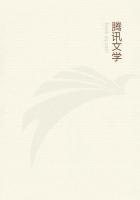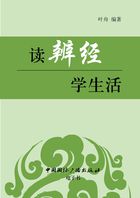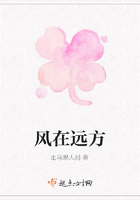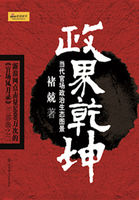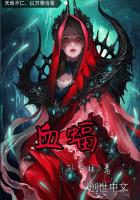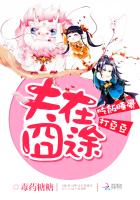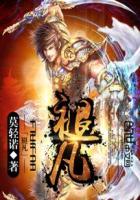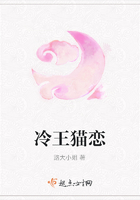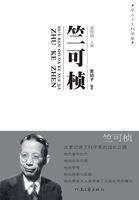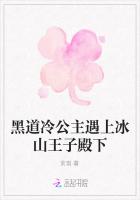When we look at the literature of mental disease, as seen in hospital reports and special treatises, we can mention the names of Wyman, Woodward, Brigham, Bell, and Ray, all either natives of Massachusetts or placed at the head of her institutions for the treatment of the insane.
We have a right to claim also one who is known all over the civilized world as a philanthropist, to us as a townsman and a graduate of our own Medical School, Dr. Samuel Gridley Howe, the guide and benefactor of a great multitude who were born to a world of inward or of outward darkness.
I cannot pass over in silence the part taken by our own physicians in those sanitary movements which are assuming every year greater importance. Two diseases especially have attracted attention, above all others, with reference to their causes and prevention; cholera, the "black death" of the nineteenth century, and consumption, the white plague of the North, both of which have been faithfully studied and reported on by physicians of our own State and city. The cultivation of medical and surgical specialties, which is fast becoming prevalent, is beginning to show its effects in the literature of the profession, which is every year growing richer in original observations and investigations.
To these benefactors who have labored for us in their peaceful vocation, we must add the noble army of surgeons, who went with the soldiers who fought the battles of their country, sharing many of their dangers, not rarely falling victims to fatigue, disease, or the deadly volleys to which they often exposed themselves in the discharge of their duties.
The pleasant biographies of the venerable Dr. Thacher, and the worthy and kind-hearted gleaner, Dr. Stephen W. Williams, who came after him, are filled with the names of men who served their generation well, and rest from their labors, followed by the blessing of those for whom they endured the toils and fatigues inseparable from their calling. The hardworking, intelligent country physician more especially deserves the gratitude of his own generation, for he rarely leaves any permanent record in the literature of his profession. Books are hard to obtain; hospitals, which are always centres of intelligence, are remote; thoroughly educated and superior men are separated by wide intervals; and long rides, though favorable to reflection, take up much of the time which might otherwise be given to the labors of the study. So it is that men of ability and vast experience, like the late Dr. Twitchell, for instance, make a great and deserved reputation, become the oracles of large districts, and yet leave nothing, or next to nothing, by which their names shall be preserved from blank oblivion.
One or two other facts deserve mention, as showing the readiness of our medical community to receive and adopt any important idea or discovery. The new science of Histology, as it is now called, was first brought fully before the profession of this country by the translation of Bichat's great work, "Anatomie Generale," by the late Dr. George Hayward.
The first work printed in this country on Auscultation,--that wonderful art of discovering disease, which, as it were, puts a window in the breast, through which the vital organs can be seen, to all intents and purposes, was the manual published anonymously by "A Member of the Massachusetts Medical Society."
We are now in some slight measure prepared to weigh the record of the medical profession in Massachusetts, and pass our judgment upon it.
But in-order to do justice to the first generation of practitioners, we must compare what we know of their treatment of disease with the state of the art in England, and the superstitions which they saw all around them in other departments of knowledge or belief.
English medical literature must have been at a pretty low ebb when Sydenham recommended Don Quixote to Sir Richard Blackmore for professional reading. The College Pharmacopoeia was loaded with the most absurd compound mixtures, one of the most complex of which (the same which the Reverend Mr. Harward, "Lecturer at the Royal Chappel in Boston," tried to simplify, was not dropped until the year 1801.
Sir Kenelm Digby was playing his fantastic tricks with the Sympathetic powder, and teaching Governor Winthrop, the second, how to cure fever and ague, which some may like to know. "Pare the patient's nails; put the parings in a little bag, and hang the bag round the neck of a live eel, and put him in a tub of water. The eel will die, and the patient will recover."
Wiseman, the great surgeon, was discoursing eloquently on the efficacy of the royal touch in scrofula. The founder of the Ashmolean Museum at Oxford, consorting with alchemists and astrologers, was treasuring the manuscripts of the late pious Dr.
Richard Napier, in which certain letters (Rx Ris) were understood to mean Responsum Raphaelis,--the answer of the angel Raphael to the good man's medical questions. The illustrious Robert Boyle was making his collection of choice and safe remedies, including the sole of an old shoe, the thigh bone of a hanged man, and things far worse than these, as articles of his materia medica. Dr. Stafford, whose paper of directions to his "friend, Mr. Wintrop," I cited, was probably a man of standing in London; yet toad-powder was his sovereign remedy.
See what was the state of belief in other matters among the most intelligent persons of the colonies, magistrates and clergymen.
Jonathan Brewster, son of the church-elder, writes the wildest letters to John Winthrop about alchemy,--mad for making gold as the Lynn rock-borers are for finding it."

